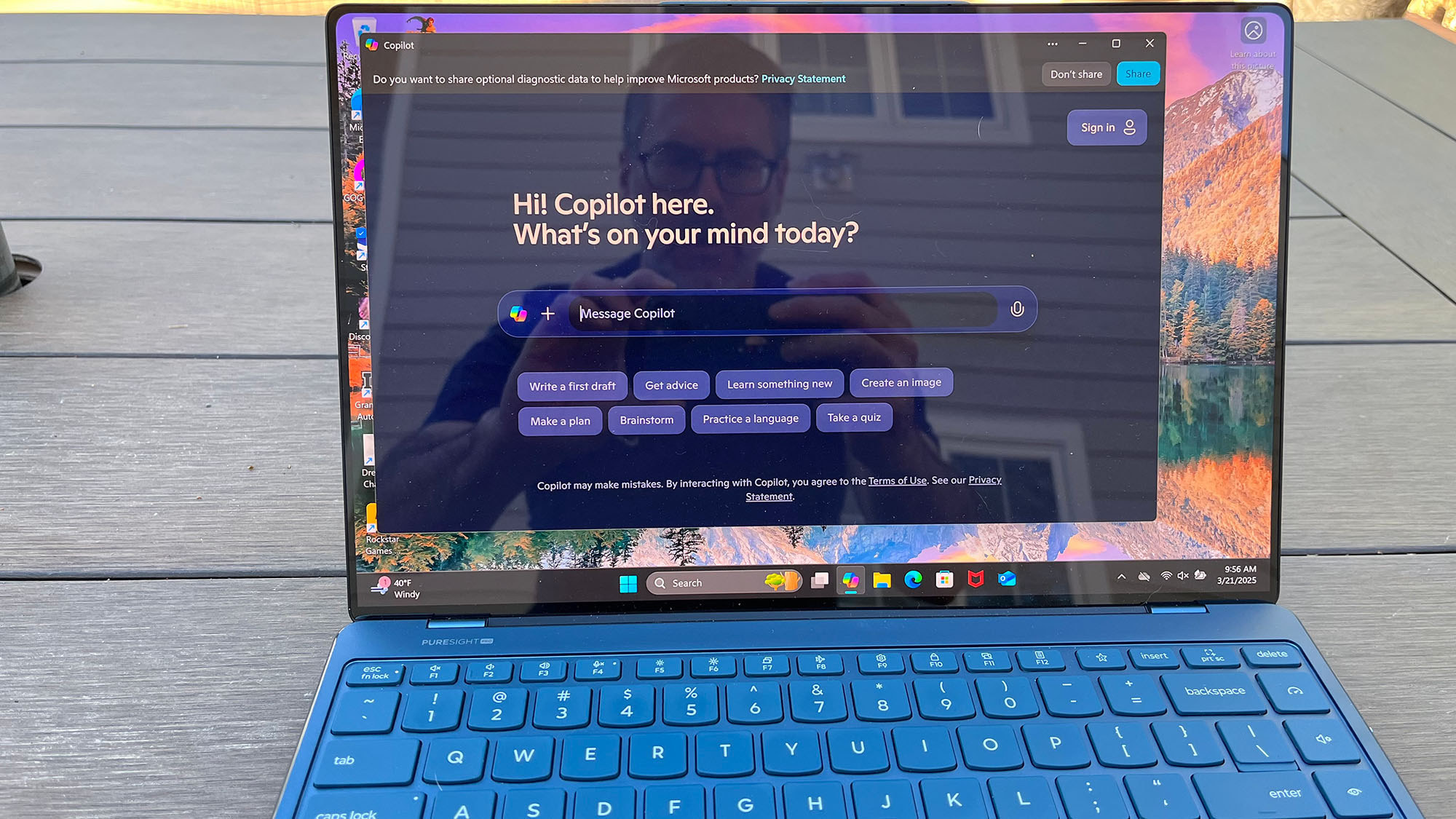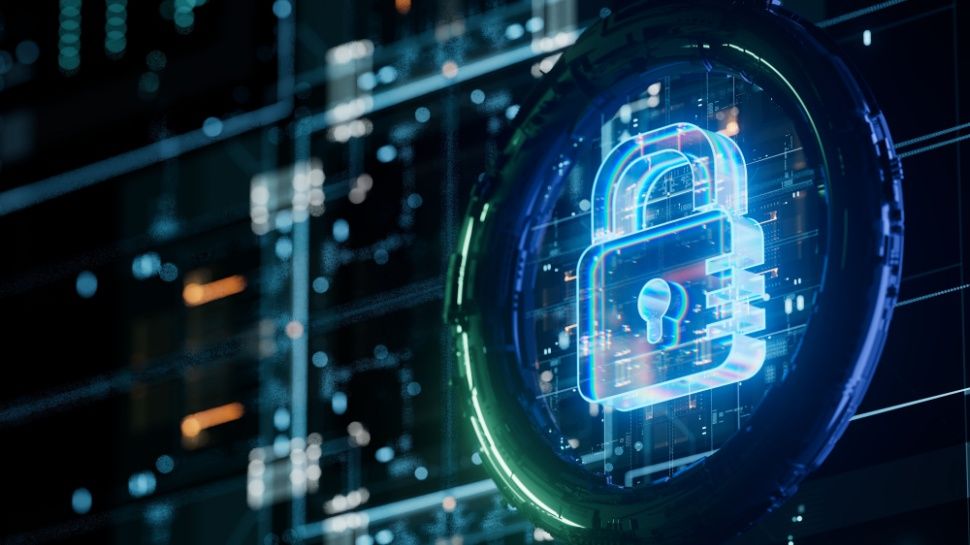- Microsoft's VP for OS Security has provided his vision of Windows in 2030
- It will be multimodal and involve 'more talking to our computers'
- AI will power the ability to 'do much more sophisticated things'
Ever wondered what Windows will be like at the turn of the decade, when 2030 rolls around?
Windows Central discovered a video clip uploaded on Microsoft's YouTube channel in which its Corporate VP for OS Security, David Weston, provides his vision for Windows in 2030 (you can watch it below).
In the short interview, Weston delivers answers to some set questions which are mostly on the topic of security (unsurprisingly, given that's his expertise), AI, jobs, and the business world. He does address the title of the video at one point, though, and gives us his thoughts on how Windows might look by the end of the decade.
Weston observes: "I think we will do less with our eyes and more talking to our computers. And I truly believe that a future version of Windows, and other Microsoft operating systems, will interact in a multi-modal way."
"The computer will be able to see what we see, hear what we hear, and we can talk to it and ask it to do much more sophisticated things. I think it will be a much more natural form of communication."
Weston adds: "The world of mousing around and typing will feel as alien as it does to Gen-Z to use MS-DOS."
Much of the rest of the video discusses AI and jobs, as mentioned, and how we can expect AI to take over grunt work to free us humans up to do more interesting and creative tasks (or that's the long-held theory anyway).
And indeed, how future security experts will be AI bots that you'll interact with just like a real person, talking to them in video chats and meetings, or emailing to give them tasks.
Microsoft Windows 2030 Vision with David Weston - YouTube

Analysis: Far-fetched?
To me, this doesn't feel like a vision of Windows in five years' time (well, it's nearer four if we want to nit-pick, and I do), but a good deal further out than that. Although Weston does hint that this is a broader vision of a 'future version of Windows', and I get the gist: the future is 'multimodal' - moving away from the simple mouse and keyboard as the main inputs for the PC - and, of course, everything's built around AI (naturally).
Will the future of Windows be like this, though? I'm certainly not betting against it being focused heavily on AI, as that very much looks to be the case. In general, AI feels like an almost irresistible force in terms of where computers are heading, and Microsoft is clearly trying to jam more AI into Windows wherever it can - a path that the software giant is doubtless going to forge ahead with.
Today, I've been writing about clues hidden in the background of Windows 11 that suggest another AI agent might be coming to the taskbar in the desktop OS. That possible addition would live alongside the agent already introduced to the Settings app, which is a smart addition.
With powerful NPUs potentially set to be included in desktop chips soon, as well as Copilot+ laptops, AI is likely to become much more widespread in the world of PCs pretty swiftly. I'd even go as far as to guess that the next version of Windows won't be Windows 12, but Windows AI (or Windows Copilot maybe, if that's still the brand for AI), the focus on this arena is likely to be that strong.
There are promises, lofty ideas, and marketing around AI, though - and then the reality of what Microsoft can achieve. Remember when Copilot was first introduced to Windows 11? We were told it would be able to change a swathe of settings in the operating system based on a vague prompt from the user (like 'make me more productive'). That still hasn't happened, and appears to be firmly on the back burner.
Which is to say that while I don’t doubt that Microsoft has these big ambitions, whether a very different way of working with a Windows PC will happen in 2030 seems doubtful to me.
Granted, I can indeed envision that talking - giving voice commands (which are coming along nicely in Windows 11) - could become a much more important, but still supplementary, part of the Windows experience and interface. And AI (presumably) doing more sophisticated things, yes, fair enough - maybe even manipulating Windows settings in one fell swoop at the behest of the user will be realized in a manner that works well.
Hey, maybe Windows AI, or Windows 2030, or whatever it ends up being called, will finally get rid of the legacy Control Panel, as a commenter on Weston's video amusingly observes. Hah - it makes me feel giddy just to imagine it. This is a battle Microsoft has been fighting for far too long, after all,
But mouse-and-keyboard usage is being made to feel like the equivalent of us being forced to revert to the days of DOS, all text and tinkering with the config.sys and autoexec.bat files to get a PC game to work? That feels like more than a stretch, and something much, much further away in the Windows computing timeline - but I could be wrong.
You might also like
- Microsoft promises to crack one of the biggest problems with Windows 11: slow performance
- Microsoft finally plays its trump AI card, Recall, in Windows 11 – but for me, it’s completely overshadowed by another new ability for Copilot+ PCs
- Microsoft has all but given up on Windows 11 SE – and it looks like the war against Chromebooks has been lost
.png)












 English (US) ·
English (US) ·